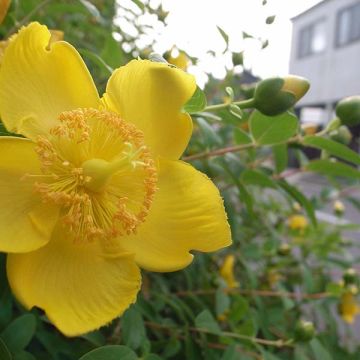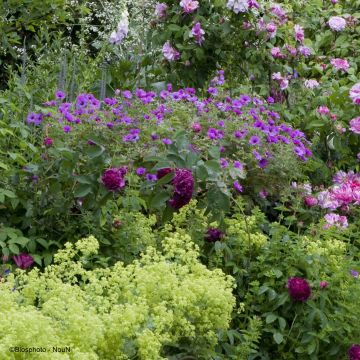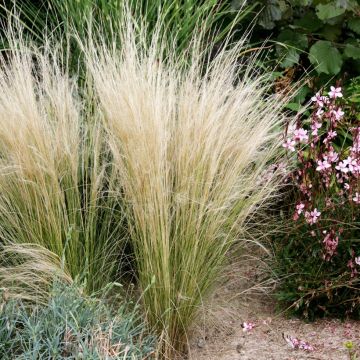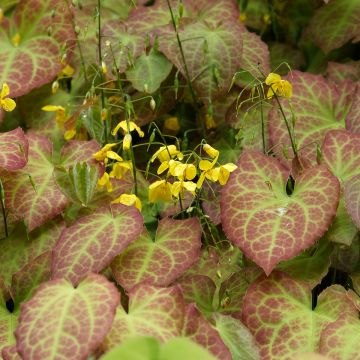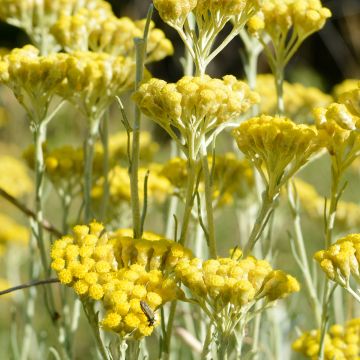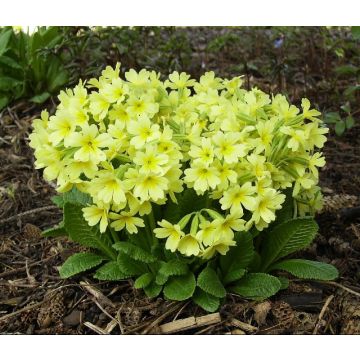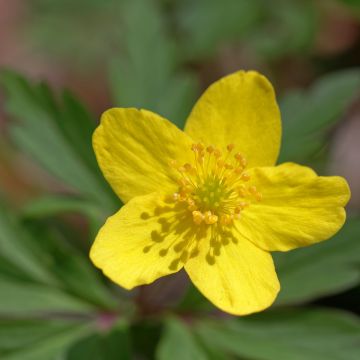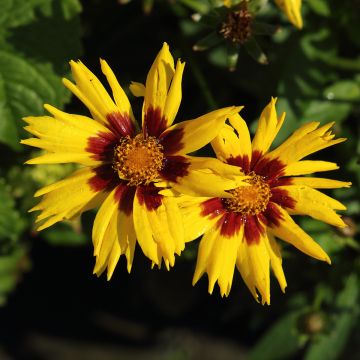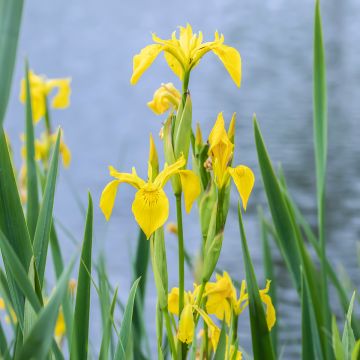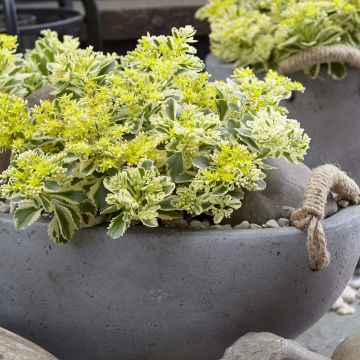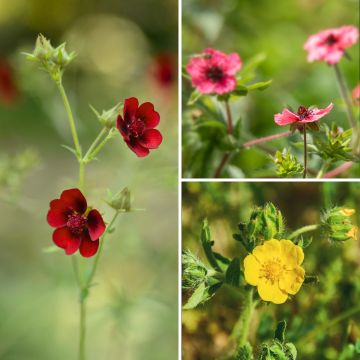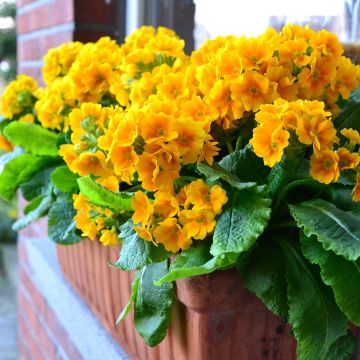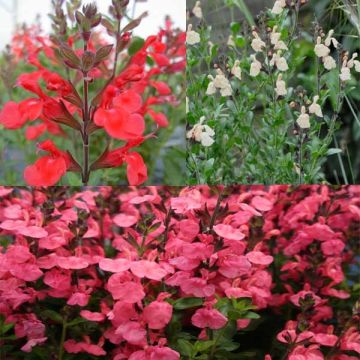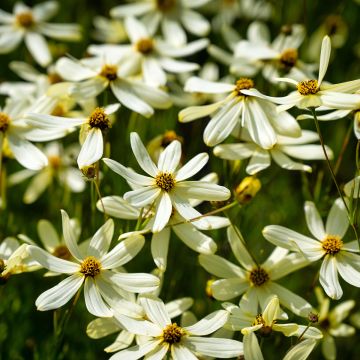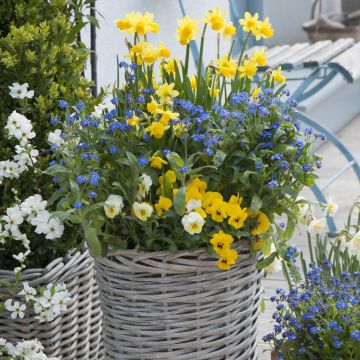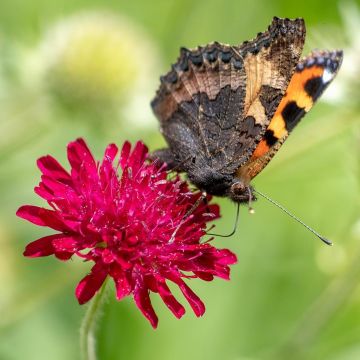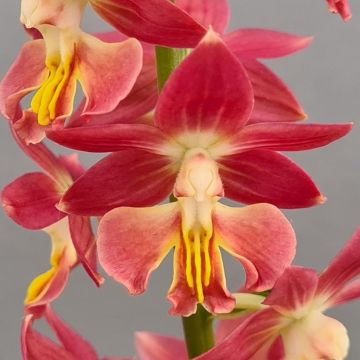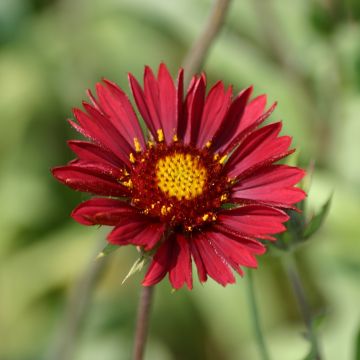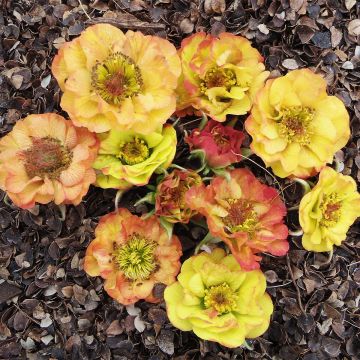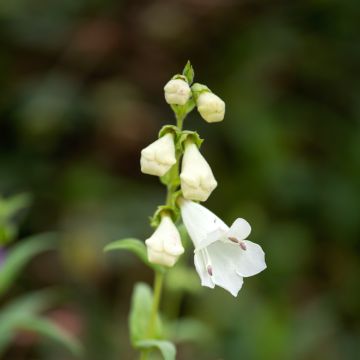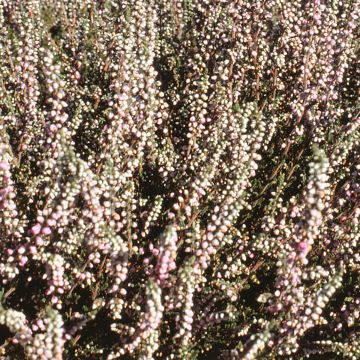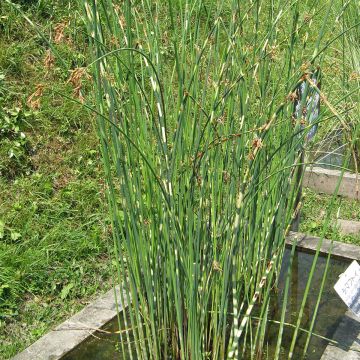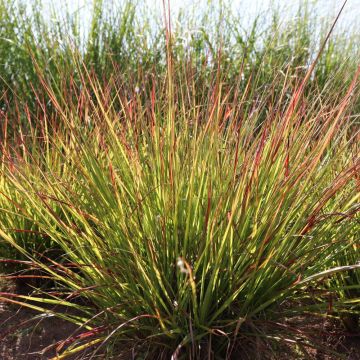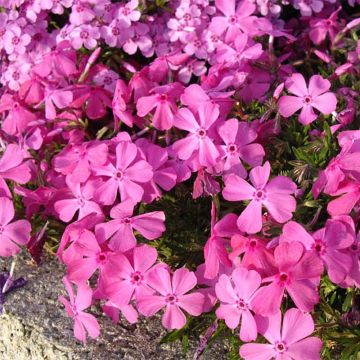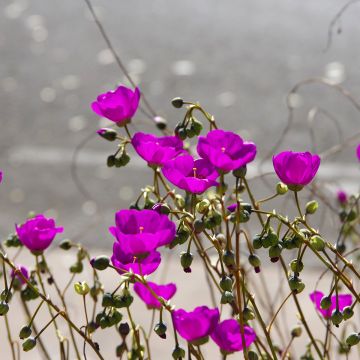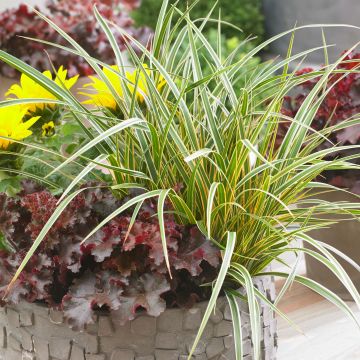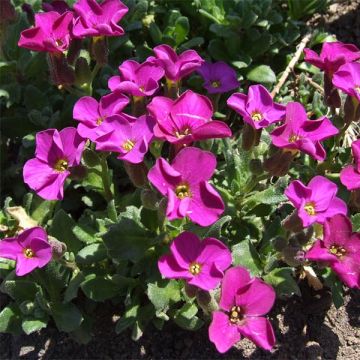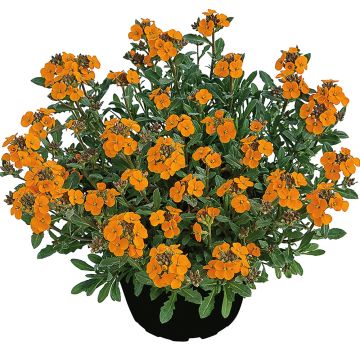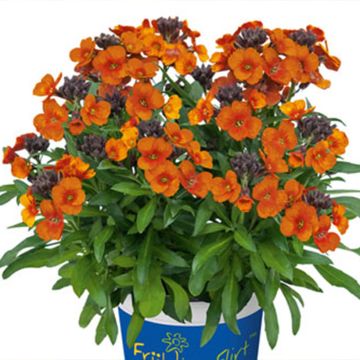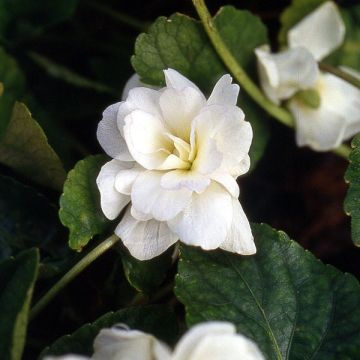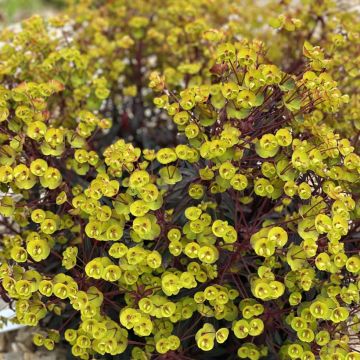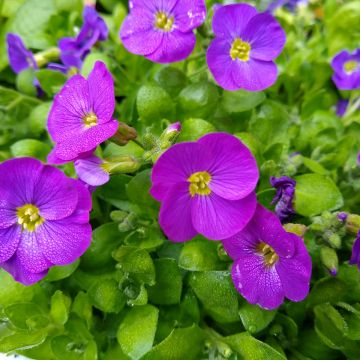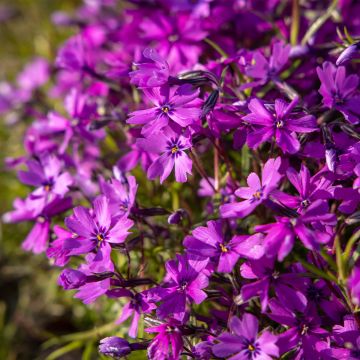Shipping country and language
Your country of residence may be:
Your country of residence is:
For a better user experience on our website, you can select:
Your shipping country:
Andorra
Austria
Belgium
Bulgaria
Canada
Chile
Croatia
Cyprus
Czechia
Denmark
Estonia
Finland
France
Germany
Greece
Hungary
Iceland
Ireland
Italy
Latvia
Lithuania
Luxembourg
Malta
Monaco
Netherlands
Poland
Portugal
Romania
Slovakia
Slovenia
Spain
Sweden
Switzerland
United Kingdom
We only deliver seed and bulb products to your country. If you add other products to your basket, they cannot be shipped.
Language:
French
German
Spanish
English
My Account
Hello
My wish lists
Plantfit
Log in / Register
Existing customer?
New customer?
Create an account to track your orders, access our customer service and, if you wish, make the most of our upcoming offers.
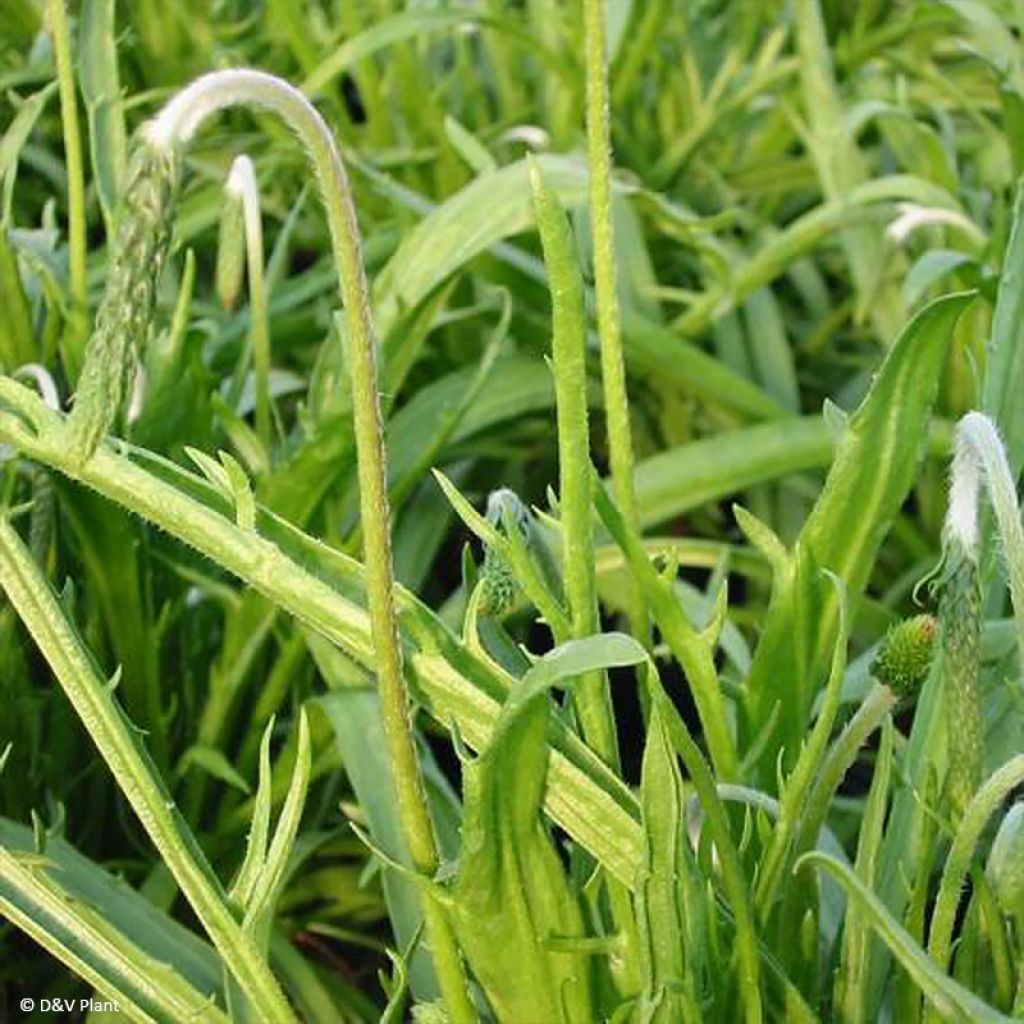

Plantago coronopus - Plantain corne-de-cerf
Plantago coronopus
Plantago coronopus
Buck's-horn Plantain, Minutina, Erba Stella
Why not try an alternative variety in stock?
View all →Order in the next for dispatch today!
Dispatch by letter from €3.90.
Delivery charge from €5.90 Oversize package delivery charge from €6.90.
More information
This item is not available in your country.
Schedule delivery date,
and select date in basket
This plant carries a 12 months recovery warranty
More information
We guarantee the quality of our plants for a full growing cycle, and will replace at our expense any plant that fails to recover under normal climatic and planting conditions.
From €5.90 for pickup delivery and €6.90 for home delivery
Express home delivery from €8.90.
Does this plant fit my garden?
Set up your Plantfit profile →
Description
Plantago coronopus, also known as the buck's-horn plantain, minutina or erba stella, is an edible biennial or annual plant from our native flora that can be grown in the vegetable garden for its leaves or for medicinal purposes. It is recognised by its divided leaves resembling deer antlers, dark green in colour, and its narrow flower spikes, which are yellowish in colour. Buck's horn plantain is somewhere between a salad and an aromatic herb. Its leaves are used in Mesclun salads, adding a slightly salty flavour, as well as for medicinal purposes to relieve minor burns or cuts. It is a plant that thrives in sunny, poor, and dry sandy soils, especially in coastal areas. It also grows well in non-compact clay soils. The leaves can be harvested throughout the year.
Less well known than its cousin, lanceleaf plantain, buck's-horn plantain (Plantago coronopus) is a biennial plant native to central and southern Europe, western Asia, and North Africa. It is found in sandy soils and paths. Buck's-horn plantain is the flagship of the botanical family Plantaginaceae.
Naturally growing in dry and nutrient-poor soils, where it faces little competition, this biennial plant forms a spreading rosette with deeply divided narrow leaves resembling deer antlers. It flowers from April to October, with arched flower stalks bearing cylindrical or rectangular, slender, densely packed yellowish flowers at their tips.
In the garden, this herb is cultivated for its young, tender leaves, which can be consumed raw in mixed salads or cooked like spinach. It can also be used to treat minor wounds and insect bites, as it has emollient and astringent properties.
Harvest: The young leaves can be harvested throughout the year, as needed.
Storage: The leaves should be consumed immediately after harvesting.
Gardener's tip: Like lamb's lettuce, buck's-horn plantain should be sown in non-compact soil. While in its natural state, the rosette of this plantain spreads widely on the ground, it may have a slightly more upright habit when cultivated.
Flowering
Foliage
Plant habit
Botanical data
Plantago
coronopus
Plantaginaceae
Buck's-horn Plantain, Minutina, Erba Stella
Western Europe
Other Perennials A to Z
Planting and care
Plantago coronopus should be planted in a sunny location, in spring or autumn, in any well-prepared soil. Plantago coronopus is tolerant in terms of soil and requires little watering. Its flower stems must be cut before flowering to prevent exhaustion of the plant and encourage seed production. Keep some seeds if you want to propagate the plant or let it self-seed in the garden.
Planting period
Intended location
Care
This item has not been reviewed yet - be the first to leave a review about it.
Rockery perennials
Haven't found what you were looking for?
Hardiness is the lowest winter temperature a plant can endure without suffering serious damage or even dying. However, hardiness is affected by location (a sheltered area, such as a patio), protection (winter cover) and soil type (hardiness is improved by well-drained soil).

Photo Sharing Terms & Conditions
In order to encourage gardeners to interact and share their experiences, Promesse de fleurs offers various media enabling content to be uploaded onto its Site - in particular via the ‘Photo sharing’ module.
The User agrees to refrain from:
- Posting any content that is illegal, prejudicial, insulting, racist, inciteful to hatred, revisionist, contrary to public decency, that infringes on privacy or on the privacy rights of third parties, in particular the publicity rights of persons and goods, intellectual property rights, or the right to privacy.
- Submitting content on behalf of a third party;
- Impersonate the identity of a third party and/or publish any personal information about a third party;
In general, the User undertakes to refrain from any unethical behaviour.
All Content (in particular text, comments, files, images, photos, videos, creative works, etc.), which may be subject to property or intellectual property rights, image or other private rights, shall remain the property of the User, subject to the limited rights granted by the terms of the licence granted by Promesse de fleurs as stated below. Users are at liberty to publish or not to publish such Content on the Site, notably via the ‘Photo Sharing’ facility, and accept that this Content shall be made public and freely accessible, notably on the Internet.
Users further acknowledge, undertake to have ,and guarantee that they hold all necessary rights and permissions to publish such material on the Site, in particular with regard to the legislation in force pertaining to any privacy, property, intellectual property, image, or contractual rights, or rights of any other nature. By publishing such Content on the Site, Users acknowledge accepting full liability as publishers of the Content within the meaning of the law, and grant Promesse de fleurs, free of charge, an inclusive, worldwide licence for the said Content for the entire duration of its publication, including all reproduction, representation, up/downloading, displaying, performing, transmission, and storage rights.
Users also grant permission for their name to be linked to the Content and accept that this link may not always be made available.
By engaging in posting material, Users consent to their Content becoming automatically accessible on the Internet, in particular on other sites and/or blogs and/or web pages of the Promesse de fleurs site, including in particular social pages and the Promesse de fleurs catalogue.
Users may secure the removal of entrusted content free of charge by issuing a simple request via our contact form.
The flowering period indicated on our website applies to countries and regions located in USDA zone 8 (France, the United Kingdom, Ireland, the Netherlands, etc.)
It will vary according to where you live:
- In zones 9 to 10 (Italy, Spain, Greece, etc.), flowering will occur about 2 to 4 weeks earlier.
- In zones 6 to 7 (Germany, Poland, Slovenia, and lower mountainous regions), flowering will be delayed by 2 to 3 weeks.
- In zone 5 (Central Europe, Scandinavia), blooming will be delayed by 3 to 5 weeks.
In temperate climates, pruning of spring-flowering shrubs (forsythia, spireas, etc.) should be done just after flowering.
Pruning of summer-flowering shrubs (Indian Lilac, Perovskia, etc.) can be done in winter or spring.
In cold regions as well as with frost-sensitive plants, avoid pruning too early when severe frosts may still occur.
The planting period indicated on our website applies to countries and regions located in USDA zone 8 (France, United Kingdom, Ireland, Netherlands).
It will vary according to where you live:
- In Mediterranean zones (Marseille, Madrid, Milan, etc.), autumn and winter are the best planting periods.
- In continental zones (Strasbourg, Munich, Vienna, etc.), delay planting by 2 to 3 weeks in spring and bring it forward by 2 to 4 weeks in autumn.
- In mountainous regions (the Alps, Pyrenees, Carpathians, etc.), it is best to plant in late spring (May-June) or late summer (August-September).
The harvesting period indicated on our website applies to countries and regions in USDA zone 8 (France, England, Ireland, the Netherlands).
In colder areas (Scandinavia, Poland, Austria...) fruit and vegetable harvests are likely to be delayed by 3-4 weeks.
In warmer areas (Italy, Spain, Greece, etc.), harvesting will probably take place earlier, depending on weather conditions.
The sowing periods indicated on our website apply to countries and regions within USDA Zone 8 (France, UK, Ireland, Netherlands).
In colder areas (Scandinavia, Poland, Austria...), delay any outdoor sowing by 3-4 weeks, or sow under glass.
In warmer climes (Italy, Spain, Greece, etc.), bring outdoor sowing forward by a few weeks.
